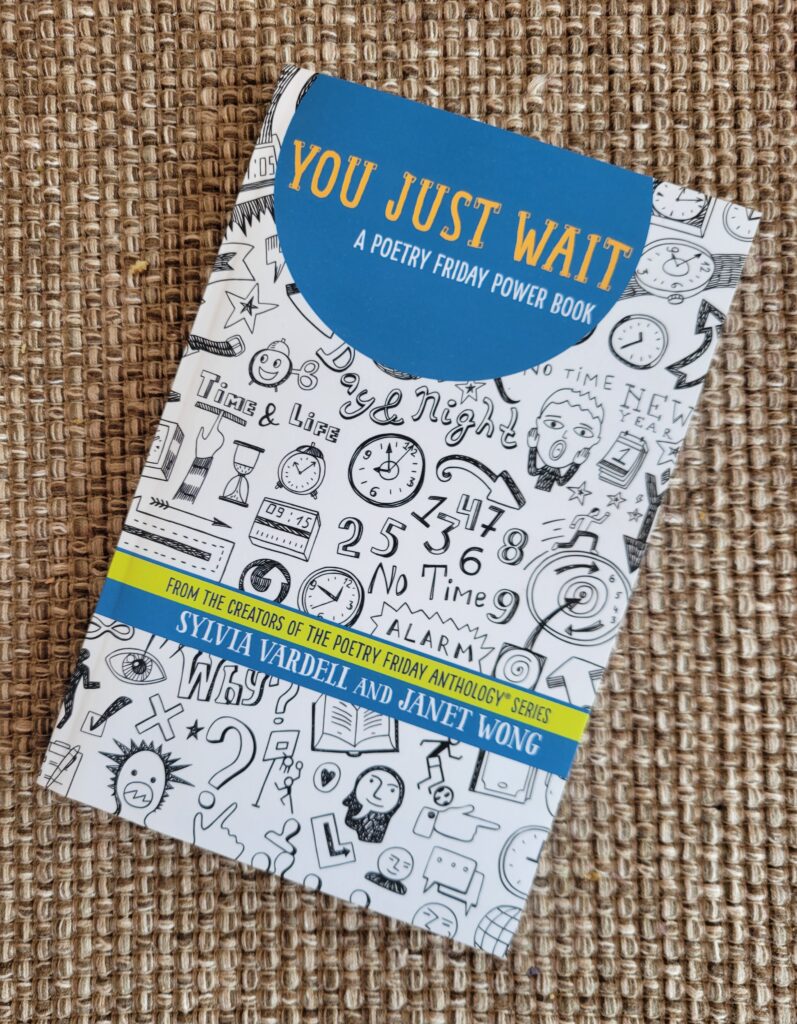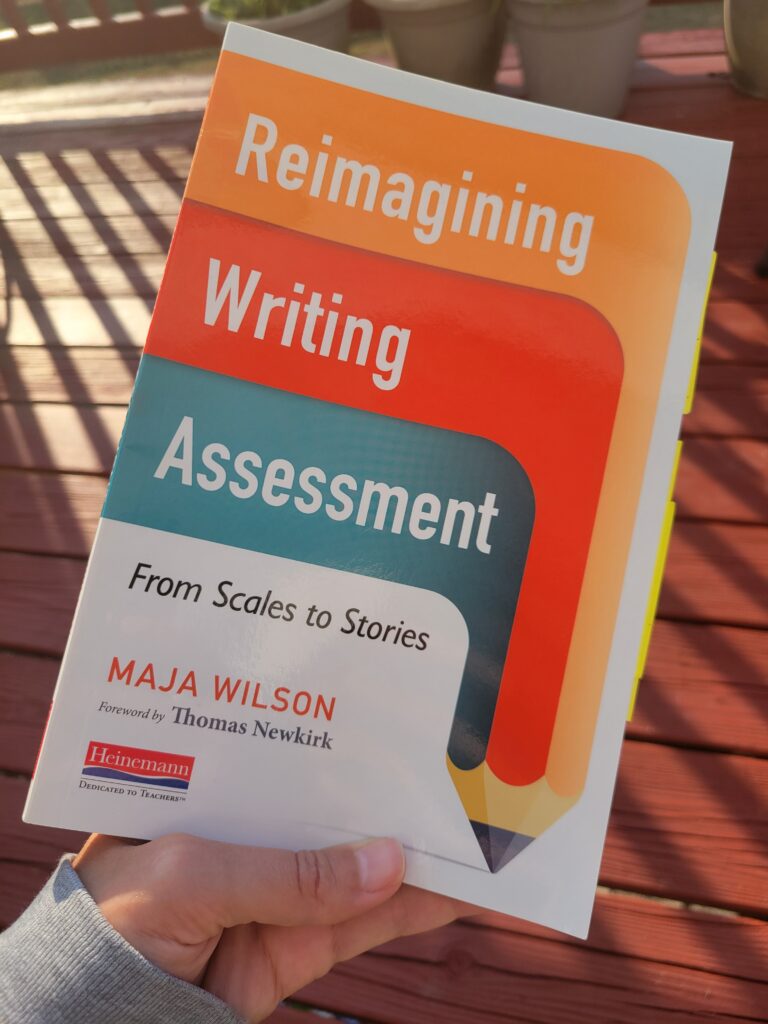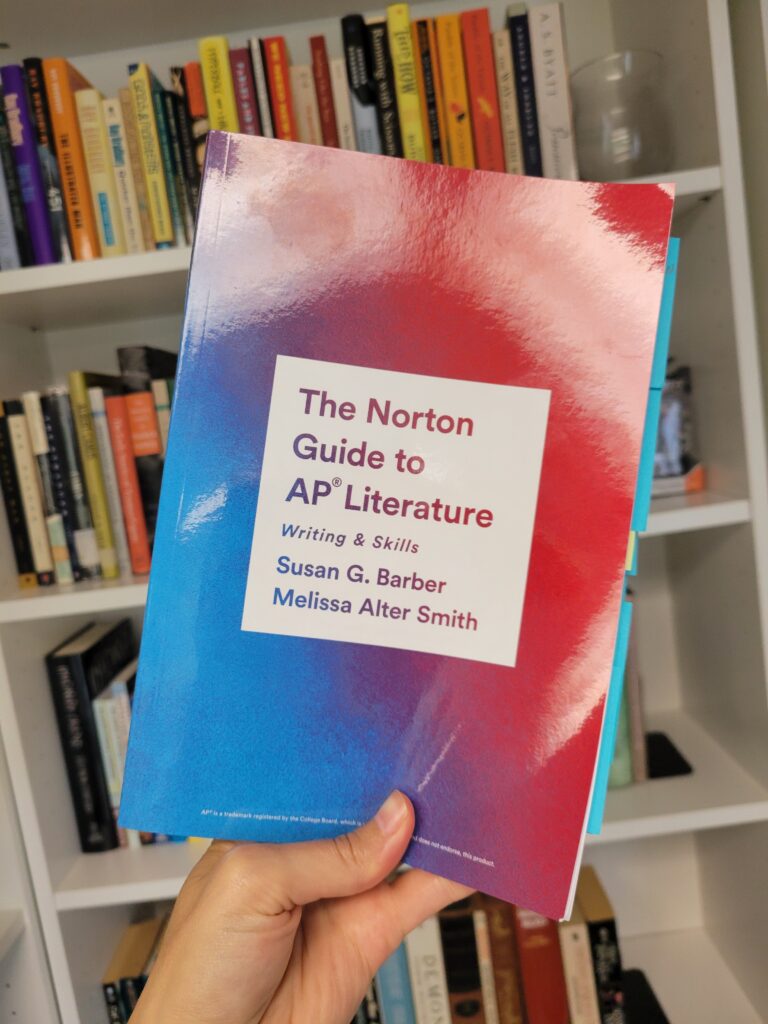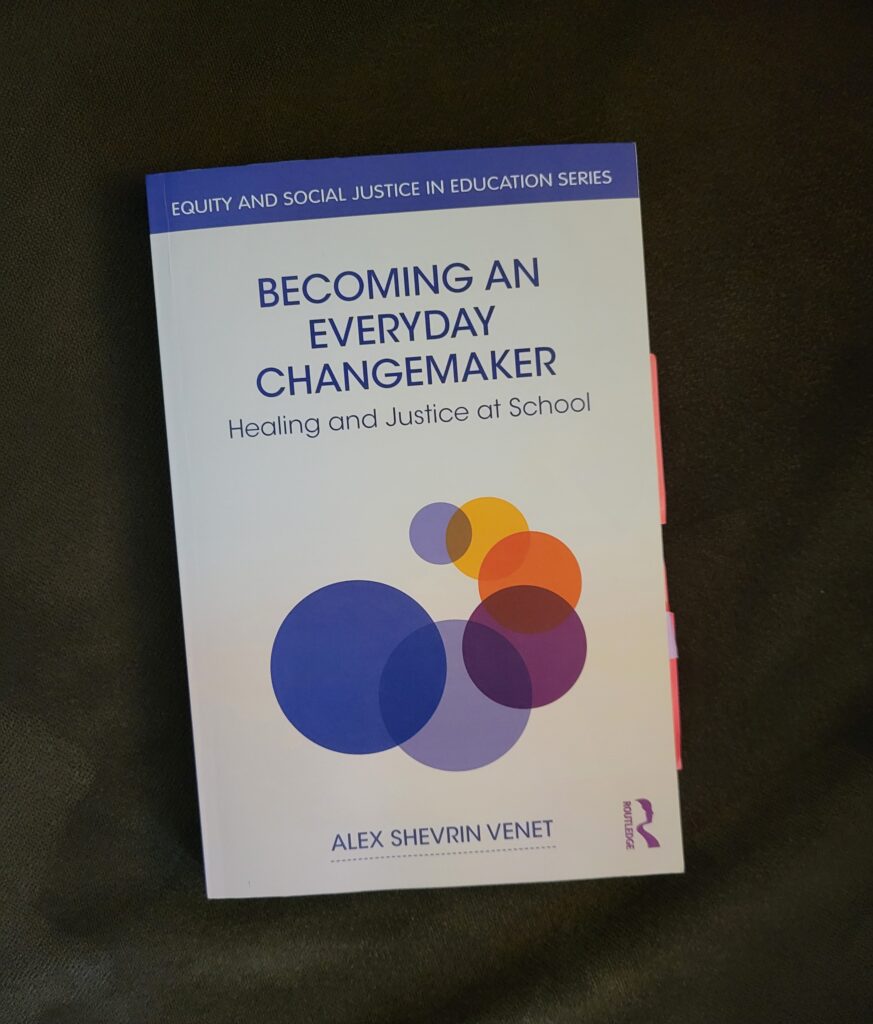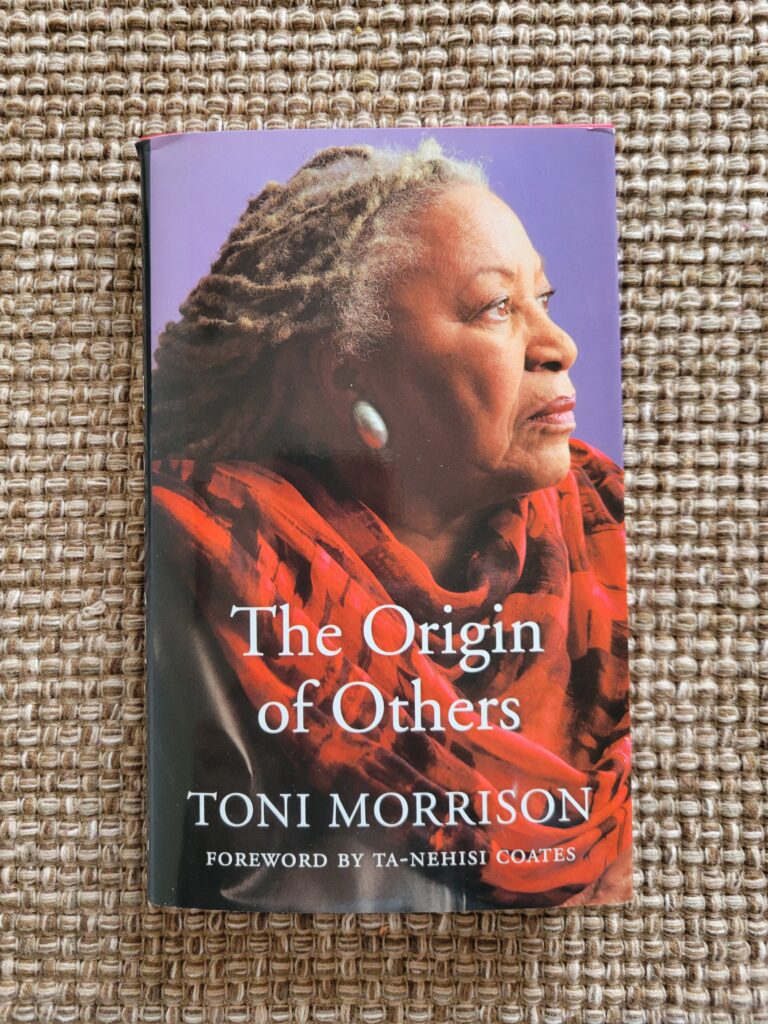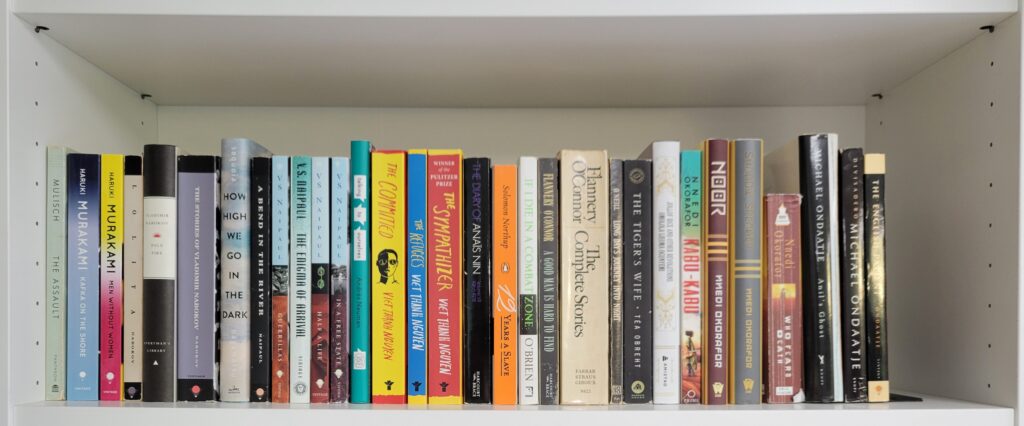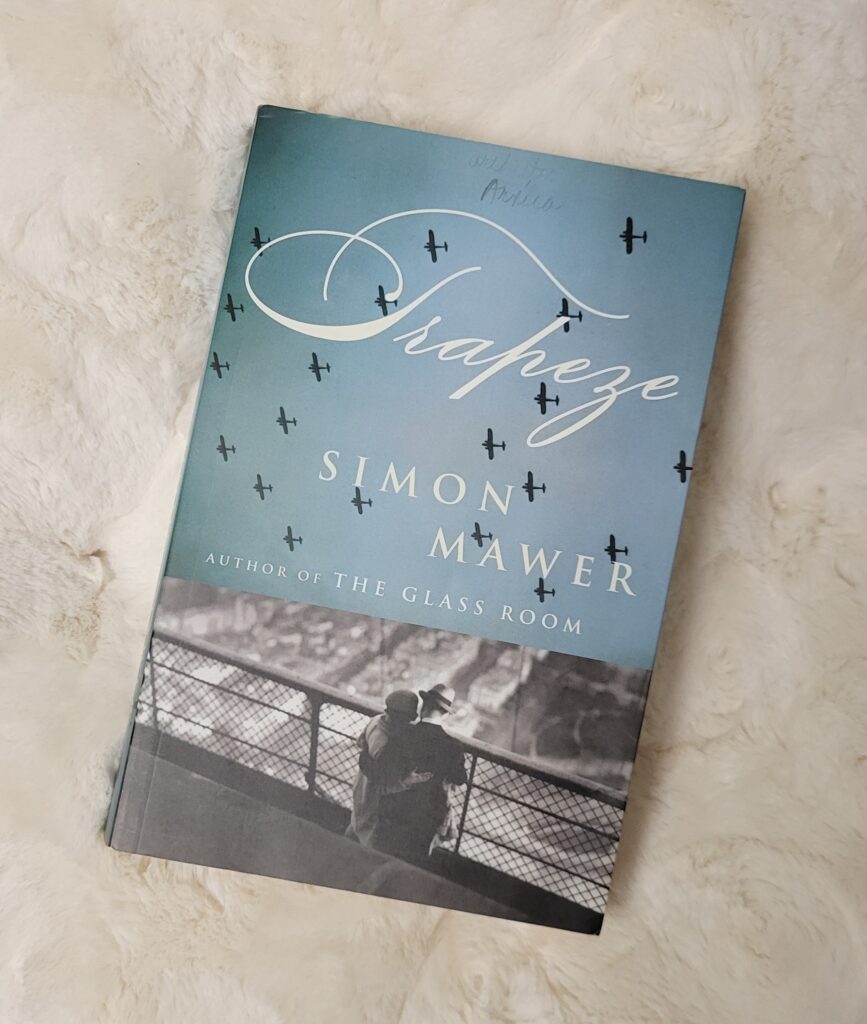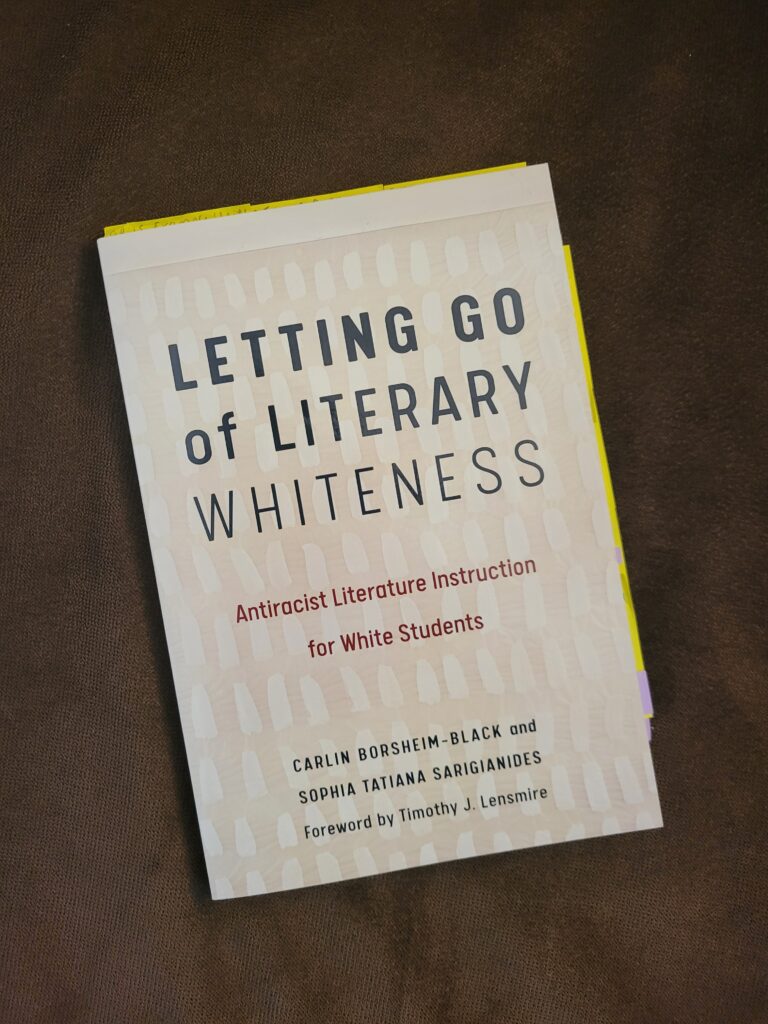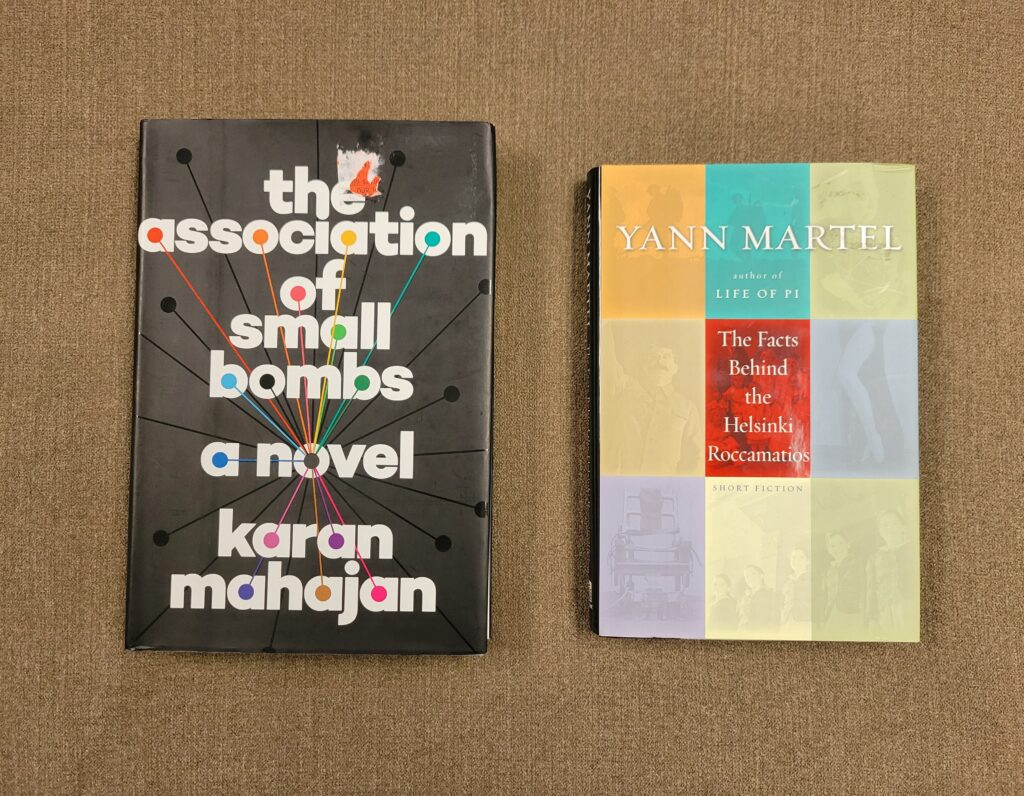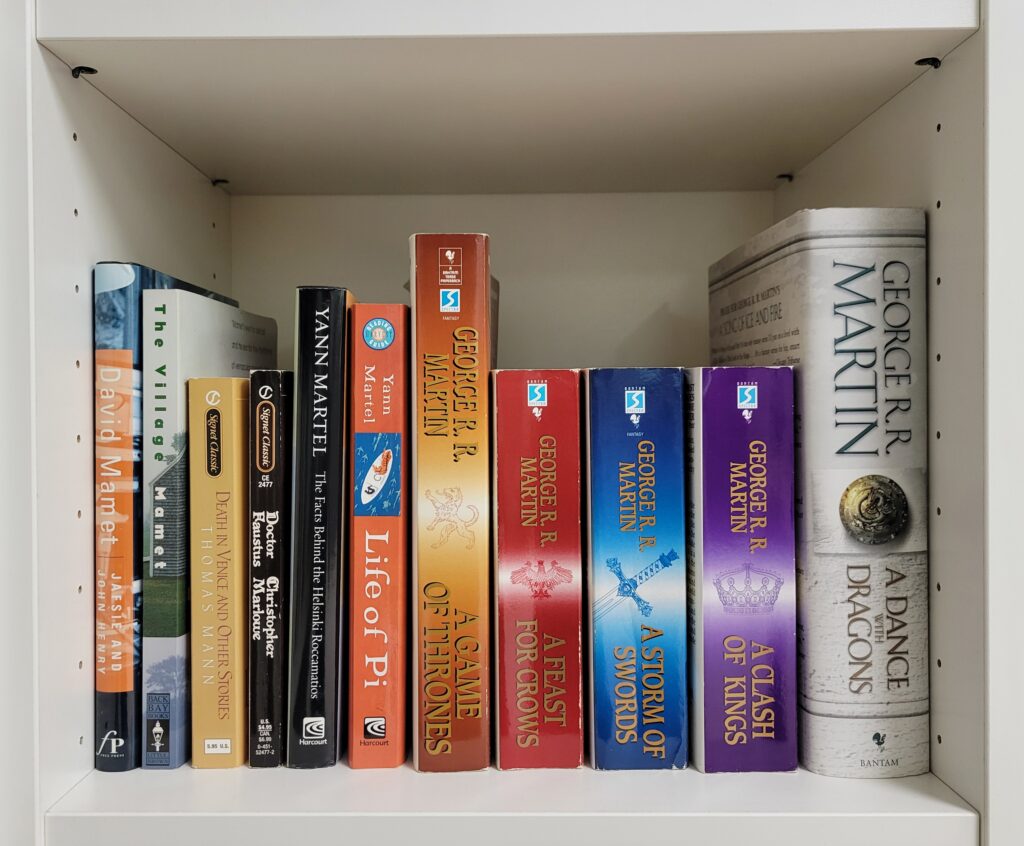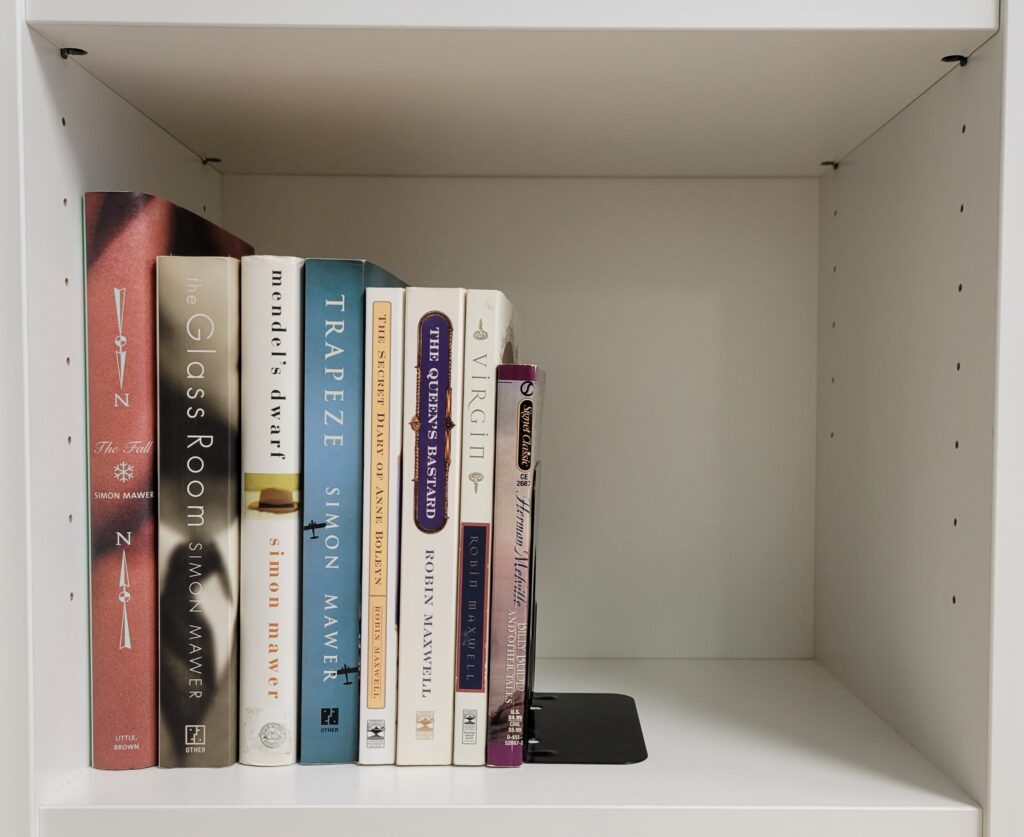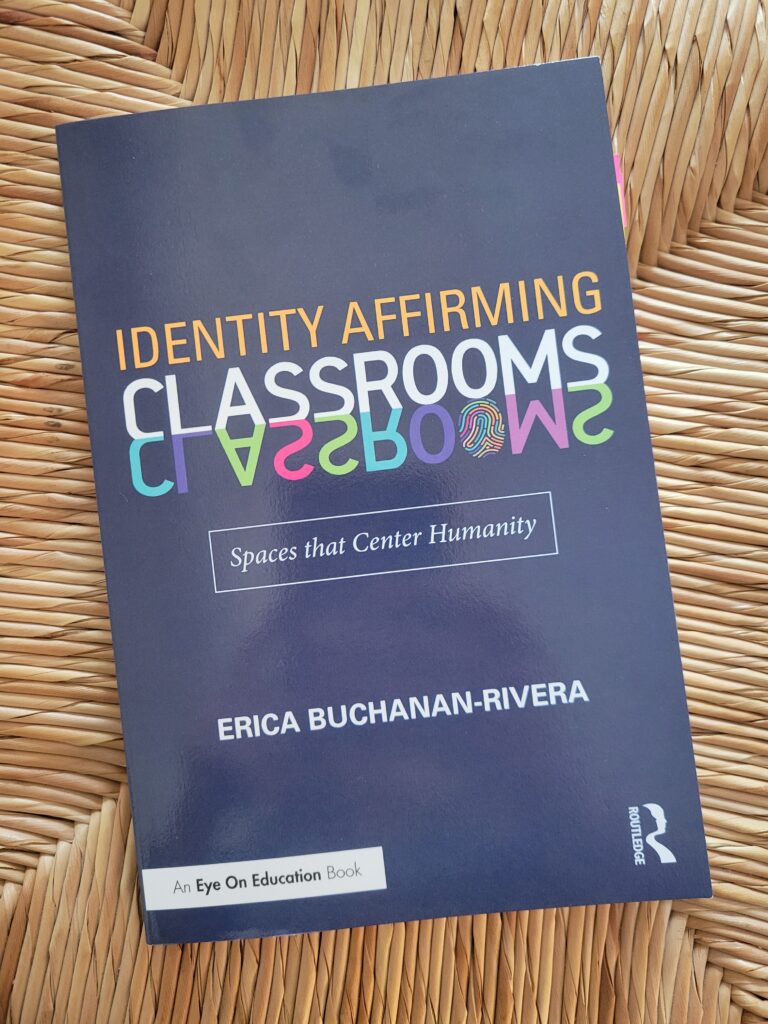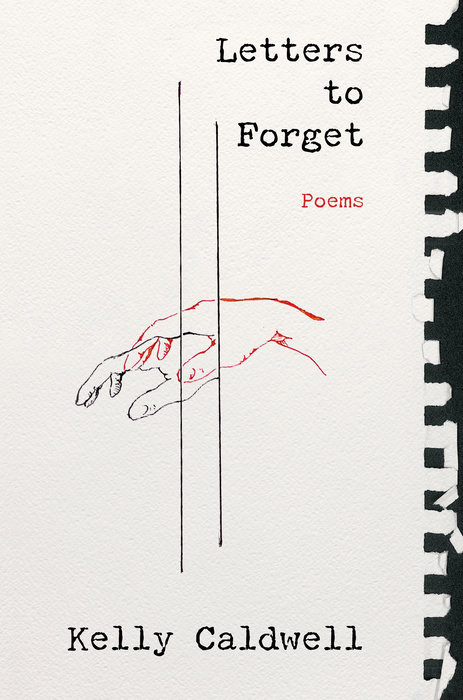
As I was reading Letters to Forget, I could feel so much tension running through the poems. The subject matter centers on Caldwell’s experiences as a trans woman and her struggles with bipolar disorder. Many of the poems are addressed to her partner, and others grapple with her relationship to Christianity, often referencing Job. Reading this felt like a glimpse into the workings of a creative, artistic, and intelligent mind that did not fit into society’s mold, a society with stifling expectations that need to be torn down and abandoned.
From a craft standpoint, what struck me was Caldwell’s use of punctuation, especially periods, since they were often in unconventional or unexpected places, breaking up thoughts and causing the reader to pause and process. Periods forcing end stopped lines, accentuating words, and creating distinctive rhythms.
This is a collection that asks for multiple readings because there’s so much beneath the surface and so much complexity to explore. Learning about the author’s life and suicide at age 31 adds even more layers. I will be coming back to this book of poems often because of the beauty of the writing and the urgency of the themes within.
Thank you to Netgalley and Knopf for the ARC.
